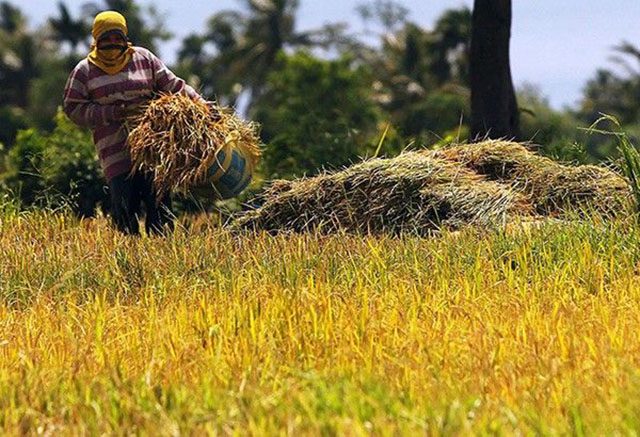
MANILA — The Philippines’ farm and fisheries annual production by value shrank for a second straight quarter in the July-September period, as crop and fisheries output fell, although the pace of decline slowed reducing the rural sector’s drag on growth.
Livestock and poultry production grew 2.5% and 2.9% in the third quarter, the Philippine Statistics Authority said on Wednesday, helping offset the 0.4% and 6.1% contraction in crops and fisheries production.
Crops account for nearly half of agriculture sector’s total output. Less than a tenth of the domestic economy’s overall output is powered by the farm sector.
The country’s paddy rice harvest during the September quarter rose 0.2% from a year ago, slower than the previous quarter’s 1.1% gain.
President Ferdinand Marcos Jr., who last week stepped down as agriculture secretary, handing the portfolio to a local company executive, has said the government was closely monitoring the potential impact on El Nino on food prices.
Food accounts for half of the Philippines’ consumer price index, which in October rose 4.9% after climbing by a bigger margin of 6.1% in September, but that was not enough to ease central bank’s inflation worries.
The central bank said late on Tuesday it was prepared to take further policy action if necessary to anchor inflation expectations as risk to its inflation outlook through 2025 were “skewed significantly to the upside.”
It delivered an off-cycle hike of 25 basis points last month, worried that inflation could spiral out of hand. Year-to-date average inflation of 6.4% remained well outside its 2% to 4% comfort range.
By the time the central bank meets on Nov. 16, it would have third-quarter annual economic growth data which is to be released on Thursday. Finance Secretary Benjamin Diokno said third quarter would better second-quarter growth of 4.3%.
The statistics agency also reported on Wednesday the country’s unemployment rate rose a tad higher in September to 4.5% from the previous month’s 4.4%.
— Reporting by Neil Jerome Morales, Karen Lema; Editing by Kanupriya Kapoor and Stephen Coates









